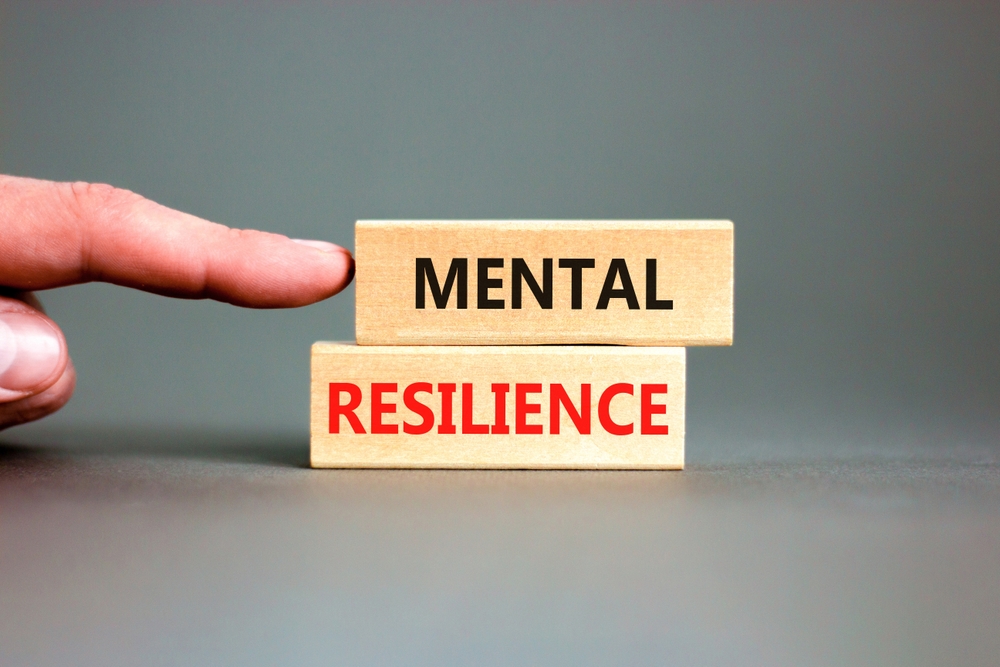Emotional intelligence (EI) is described as the “capacity to be aware of, control, and express one’s emotions, and to handle interpersonal relationships judiciously and empathetically.” Building emotional intelligence can help teenagers foster improved self-awareness and self-regulation skills, which can enhance overall mental health and emotional well-being. Further, emotional intelligence serves as a fundamental cornerstone in shaping the mental resilience of teenagers. Mental resilience is the ability to bounce back from challenges, adapt to adversity, and maintain well-being in the face of stressors.
One key aspect of emotional intelligence is self-awareness, allowing teenagers to identify and comprehend their emotions accurately. Reflective activities (e.g., journaling, art, etc.) prompt self-reflection that can help teenagers understand the root causes and patterns of their emotions. This heightened self-awareness equips them with the capability to recognize stressors and triggers, thereby enabling proactive responses to challenges. Additionally, it fosters adaptability, inspiring teens to navigate setbacks and changes with a greater sense of control.
Emotional regulation, another crucial component of emotional intelligence, plays a pivotal role in building mental resilience. By providing teenagers with tools to manage stress effectively and employ healthy coping strategies, emotional intelligence mitigates the impact of challenging situations on their mental well-being. This skillset becomes invaluable as adolescents encounter various stressors throughout their developmental journey.
The interpersonal dimensions of emotional intelligence, including empathy and social skills, significantly contribute to the development of mental resilience. Building positive relationships through empathy and effective communication creates a robust support network for teenagers. Such relationships act as a buffer against the negative effects of stress and facilitate constructive problem-solving, essential elements in maintaining mental resilience.
Empirical evidence suggests that adolescents with higher emotional intelligence are better able to pay attention, are more engaged in school, have more positive relationships, are more empathic, and cultivate a greater aptitude for interacting effectively with others. It is, however, important to bear in mind that building emotional intelligence is an ongoing process that requires patience and consistent effort. Nevertheless, developing and nurturing emotional intelligence in teenagers empowers them to face life’s challenges with confidence, adaptability, and a positive mindset, fostering their overall well-being.
For Information and Support
Every family in need of mental health treatment must select a program that will best suit the needs of their family. When one member of a family struggles, it impacts everyone in the family unit. To maximize the benefits of treatment we work closely with the entire family to ensure that everyone is receiving the support they need through these difficult times.
Seeking help is never easy, but you are not alone! If you or someone you know needs mental health treatment, we strongly encourage you to reach out for help as quickly as possible. It is not uncommon for many mental health difficulties to impact a person’s life, long term. Pursuing support at the beginning of one’s journey can put the individual in the best position to learn how to manage themselves in a healthy way so they can go on to live happy and fulfilling lives.
OUR KNOWLEDGEABLE ADMISSIONS TEAM CAN BE REACHED 24/7 AT INFO@PACIFICRTC.COM OR CALL: 800-531-5769
We are available to answer any questions you may have regarding mental health treatment and our residential program, anytime. Contact us today using the form to the right.






